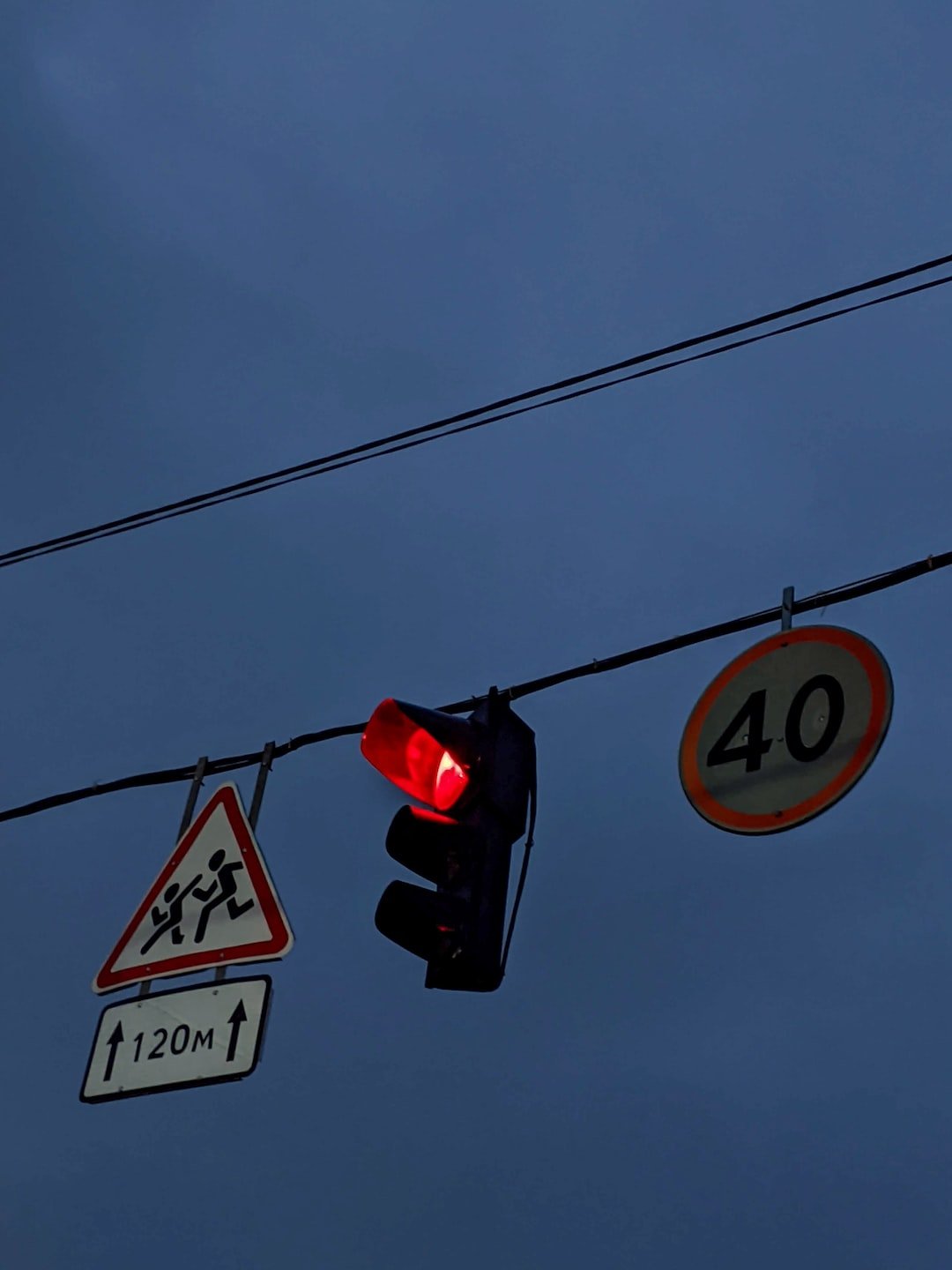Religion and politics have always been intertwined. The role of religion in politics has waxed and waned throughout history, with times when religion was the absolute ruler of power and times when it had no bearing on political decisions. Religion has influenced political structures, interpersonal relationships, and sometimes fostered world peace while at other times led to total chaos.
One of the primary roles of religion in politics has been in shaping political structures, governments, and societal norms. Many societies in the world have a political system with religious practices embedded in it. Some of the countries with a history of blending religion and politics include Iran, the Vatican, and Saudi Arabia. In these countries, religious institutions have a considerable say in the political system’s management, dictating the values and norms to be followed by ordinary citizens.
However, the role of religion in politics is not always positive. In some contexts, religion has led to the creation of institutions that foster discrimination of certain social groups and the denial of equal rights and opportunities. A good example is the apartheid system that was prevalent in South Africa before its collapse. Religion was used to justify discrimination against non-white African communities, no matter their social disposition.
Another role of religion in politics is to foster interpersonal relationships within a society. In many societies worldwide, religious festivals bring together people from different backgrounds to celebrate freely without judgment. Such celebrations create strong bonds between individuals that translate into the larger political space, leading to peaceful coexistence and harmony. Examples of such celebrations include Christmas, Eid-al-Fitr, and Hanukkah, among others.
A crucial role played by religion in politics is to foster world peace. In many instances, religion has been a critical factor in mediating warring communities. It has been instrumental in bridging the gap between different communities by creating platforms for dialogue and reconciliation. For example, during the early 20th century, religious leaders played a crucial role in the fight against apartheid in South Africa, and the struggle for civil rights in America.
In conclusion, the role of religion in politics is wide and varied, with both negative and positive impacts. While religion has had a hand in creating governments and shaping societal norms, it has also been used to justify discrimination and the denial of equal rights. At the same time, religion has been a critical factor in fostering interpersonal relationships, peace, and mediation of conflict to prevent chaos. Ultimately, the role of religion in politics lies in balancing the bedrock principles guiding religious practices with the laws governing political structures.

